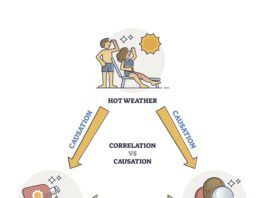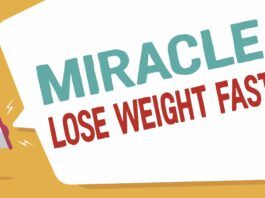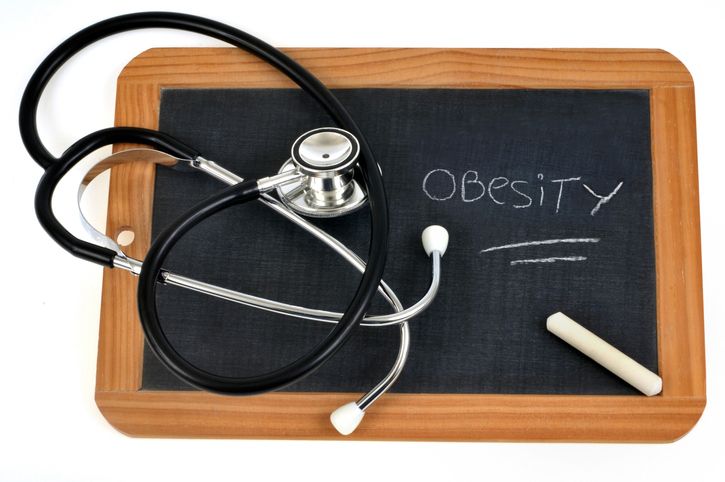Slow and Steady Wins the Waist
If you are looking to lose some weight, or simply want to improve or protect your cardiometabolic health, emerging nutrition research suggests a simple...
Q. I’m recovering from illness and need to put on a few pounds. Any...
A. Judith C. Thalheimer, RD, LDN, managing editor of Tufts Health & Nutrition Letter, answers: “Gaining weight is all about adding calories, but that...
Diabetes Prevention: Tufts Experts Weigh In
Richard D. Siegel, MD, is the co-director of the Diabetes and Lipid Center at Tufts Medical Center.
Shifts to healthy eating and physical activity with...
Lose Excess Weight to Fight Breast Cancer
Women, if you are looking for more motivation to have a healthy weight, a new study published in the Journal of the National Cancer...
It’s Never Too Late to Lose Weight
It may seem as if it’s harder to lose weight as we get older, but the results of a new study suggest it’s possible....
Easy Steps to a Healthy New Year
This is the time of year we make big promises to ourselves: “I will lose weight, start exercising, eat healthier....” But creating lasting behavior...
What, Exactly, is BMI?
Body Mass Index (BMI) is a measure of body weight adjusted for height. It is considered a better indicator of excess weight than body...
Obesity Predicted to Become the Norm in Many States by 2030
It can be difficult to measure the extent of the obesity epidemic in the U.S. because people often underestimate when reporting their own weight....
What to Eat with Diabetes
More than 100 million adults in the U.S. have diabetes or prediabetes. “Nutrition and weight loss are powerful tools in diabetes management,” says Richard...
A Report Card on the American Diet
The latest available data show that, as of 2016, Americans had made some significant dietary improvements, reducing intake of low-quality carbohydrates like added sugars...


































